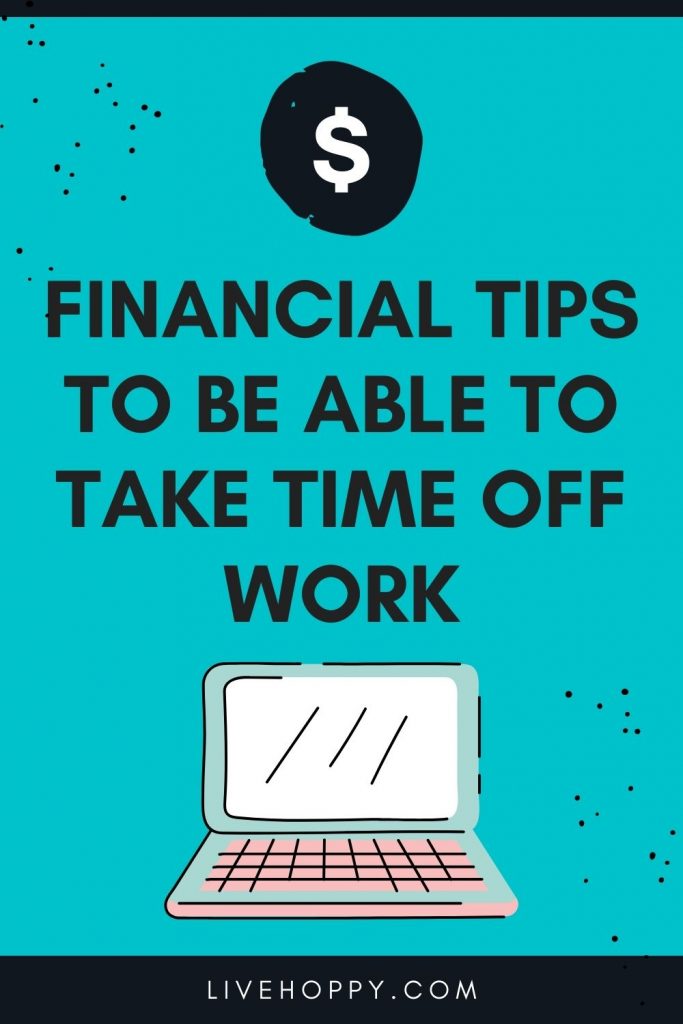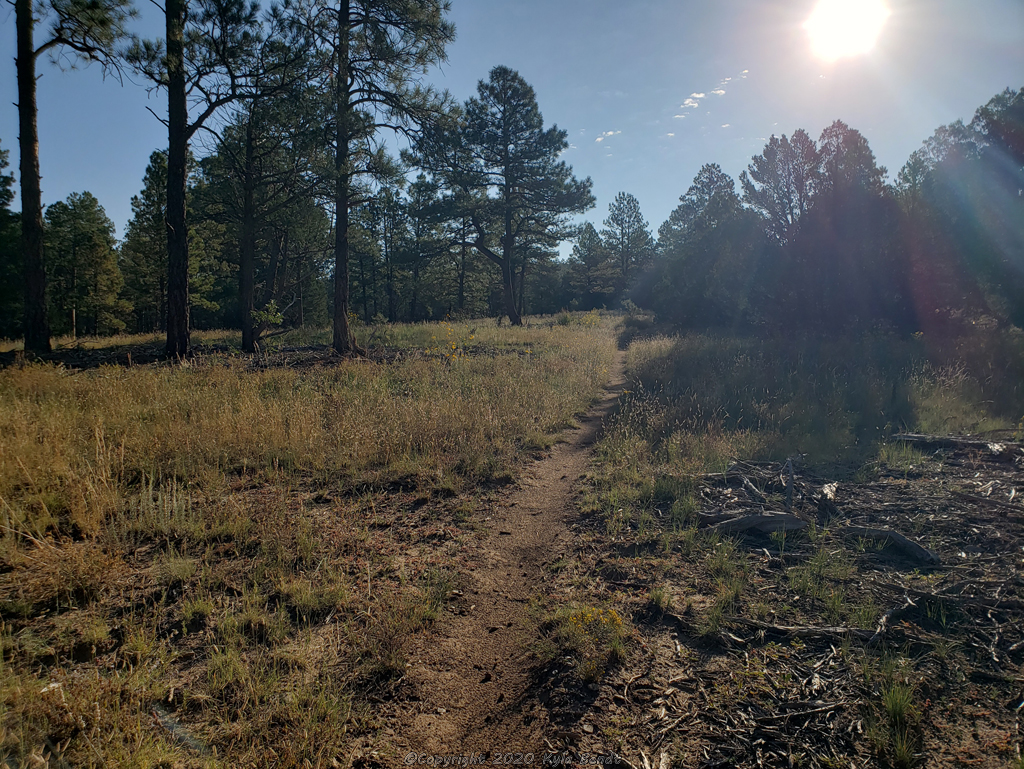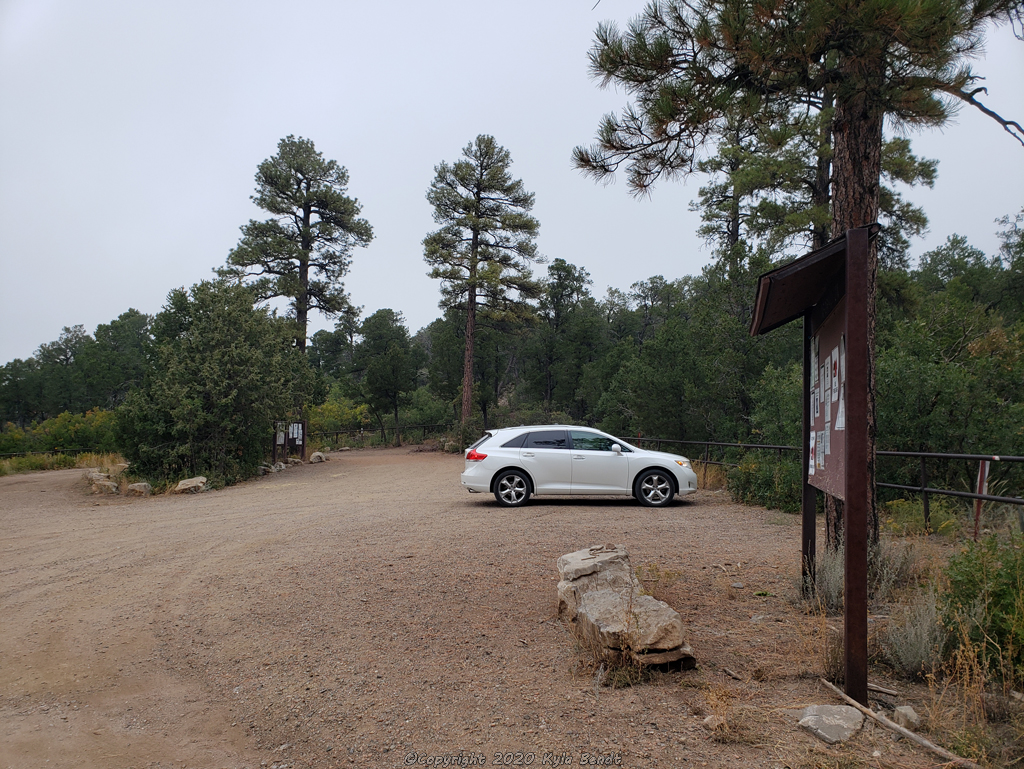
I wrote earlier this week about why I am taking some time off work. I wanted to follow that up with what I have done over the last eight years that has made this a possibility.
Building up to now
I started working in the tech industry at 19 and for the first 5 years, I wasn’t that responsible with my money. It wasn’t that I was really irresponsible either. I was self-employed, but didn’t set up any retirement accounts. My savings rate was close to zero. On the other hand, my spending didn’t exceed my income and I paid my credit card off every month.
In my mid-twenties I became more serious about finances. A while back I wrote about how reading FIRE blogs has changed my life. This is sort of an extension of that.
One of the things that can be hard about making financial changes is that it just takes time for the results to show up. Don’t let this discourage you.
Early on in my journey I read a lot of Jillian Johnsrud’s posts and she was taking what she called a ‘mini-retirement’ or a year off work. In her case this particular mini-retirement came after hitting financial independence. This was inspirational, but honestly a little depressing to me because it seemed so far away from my current circumstances.
In 2014 I started tracking all of my expenses and income and really paying attention to these numbers. This was the start of everything for me. Eight years can make a BIG difference. I am still nowhere near financial independence, but… I DO have enough to take some extended time off work!
I thought I would share what I’ve done that has gotten me to this point.
Tracking my spending
Tracking all of my spending (and income) is definitely the foundation of all of my financial success.
I have been tracking all of my spending for about 8 years now. This has had a lot of benefits. It helps me to be more thoughtful about my purchases and make changes to my spending habits.
My preferred tracking method is just a spreadsheet. I have a sheet for each account, one for aggregating my account balances to track net worth and one for aggregating all expenses by category. Once a month or so I go through all of my accounts, add transactions and make sure everything adds up.
I love the category view because I can really see where I have a large portion of my money going. This lets me see where making changes will have a big impact and notice trends.
A lot of people talk about budgeting and in some ways maybe I sort of do this in a sort of loose mental sense. But I really don’t sit down and plan X dollars for groceries and Y dollars for car expenses, etc. That whole thought process doesn’t work for me. I feel like too many expenses are sort of random and hard to account for in that model.
Knowing my spending over several years has let me make lots of changes that have resulted in me saving more money. The second aspect of this in regards to taking time off is that I am very familiar with my spending patterns. I have a good grasp on how much money I actually need to be able to cover my time off.
Thinking about my REAL priorities
One thing that helps me a lot is putting a ton of thought into what my real goals are. I’m not super restrictive with my spending. If there is something I really want, I’ll get it. I do think about what is worth it to me.
Freedom, travel, time with my family, hobbies. These things are important to me. I know that having money means I can work less, which means I have more time for the things I value. If I’m looking to buy something, I weigh that against the other things I could be doing with my money. Things like taking months off work and being able to go on walks in the woods on weekday mornings.

Retirement contributions
I have focused a lot over the last several years on contributing to my retirement accounts. I have a Roth IRA, a SEP IRA and more recently a 457(b) account.
The rule of thumb is that money contributed in your 20s ends up being worth twice as much as money contributed in your 30s due to investment growth. (Extended out that means it’s worth FOUR times as much as money contributed in your 40s and EIGHT times as much as money contributed in your 50s.) This has driven my desire to prioritize retirement investments.
I feel like I’m at a point where I have a good initial amount in my retirement accounts working to grow more money for me. I have a lot more security taking time off work knowing that I have this savings. Some of it is in account types where I could use the money now if I really needed which provides extra comfort. I would definitely look for a new job before breaking into my retirement accounts though.
On the flip side, it is hard psychologically to face maybe not having the extra money to keep making contributions during my time off and continuing the savings. The act of saving money can be kind of addictive.
In the end, it’s really important to me to have some balance and live my life now. B is four now and I know that THIS is his childhood. I’m not going to waste it all on trying to collect a pile of treasure I can sleep on in a cave when I’m 80. I’m a person, not a dragon after all.
Following FIRE blogs and learning about finances
A lot of what I’ve done goes back to following people in the FIRE community. I even wrote a whole post on How reading FIRE blogs changed my life because this has had such an impact on my thinking and on the technical financial knowledge to work towards my goals.
There are some fairly obvious financial principles like subtracting the amount you spend from your paycheck to see how much you have leftover. There are a lot of considerably less obvious things like how to invest, what sort of accounts are best for different things, nuances to tax law, etc.
Something else that has helped me about following FIRE bloggers is seeing how those who have reached FI often take the freedom to build new businesses or switch careers. They sometimes end up making more money and it seems to me they could have switched a lot sooner!
This has been more of a psychological help than a direct financial impact. It’s made me want to use the savings I have now to really live the life I want and be mindful about what I am doing for a living. (Part of why I’m taking time off work is to explore my own business ideas and/or really take the time to consider what I do next.)
Killing monthly expenses
I focus heavily on monthly or yearly expenses and doing what I can to reduce them. I try really hard to avoid subscription services because I look at the long-term impact of them.
As an example I changed my cell phone provider to Mint Mobile. Which frankly was one of the best financial decisions I’ve made because I actually like the service better than my old plan with Verizon and I save a ton of money on it.
Right now I’m paying $180 for cell service, but that is for the ENTIRE YEAR. And I love that I can pay it up front and forget about it instead of having another monthly charge to enter into my spending spreadsheet.
Even on the cheapest Verizon plan I could get I was paying around $70 a month. Which is $840 a year. I’m now saving $660 a year. One of my financial tricks is to multiply monthly or yearly expenses out over ten years or longer to see the impact more on a lifetime scale. Over a decade I’ll save $6,600 just from having switched my cell service!! That’s a huge impact. Changes like this that are super easy and then go on autopilot are so valuable.
If you’re interested in Mint Mobile, you can use my refer a friend link to get a $15 credit when you sign up. The cheap cell provider trick was one I learned about on another FIRE blog and at first I thought it sounded fishy, but Mint Mobile is legit.
Reducing monthly expenses sort of has a double impact. First, I’ve been able to save a lot more because of it. Second, my expenses are lower so the amount of money I need for each month off is lower. A double win!!
Savings
A lot of the other things add up to one specific thing: having money in the bank. At the end of the day, it’s the fact that I’ve worked hard to build up my savings that makes all of this possible.
Working to save money is a long process. Sometimes, it’s not all that fun.

Having the freedom and flexibility from a little extra money is amazing though. Every Monday morning when my car is the only one at the trailhead parking lot I’m crazy thankful for this opportunity to take a little time for myself.
I have made a habit of prioritizing my spending and savings habits based on what is REALLY important to me. New car? Nope. Freedom to not work for several months? YES!! This makes building up savings a lot easier because I know I’m working towards my real goals.


